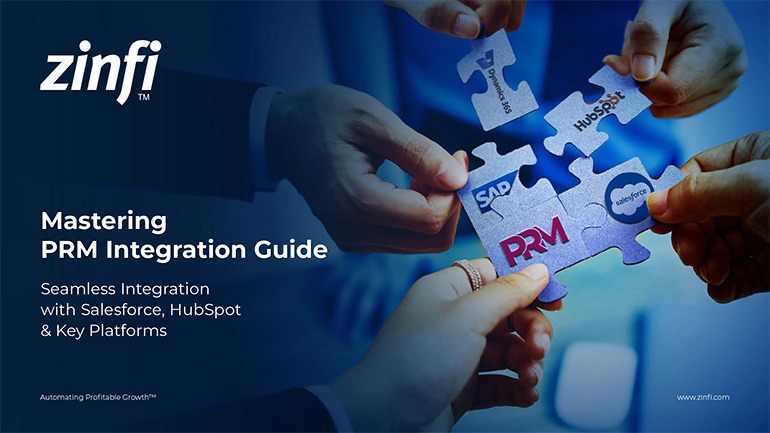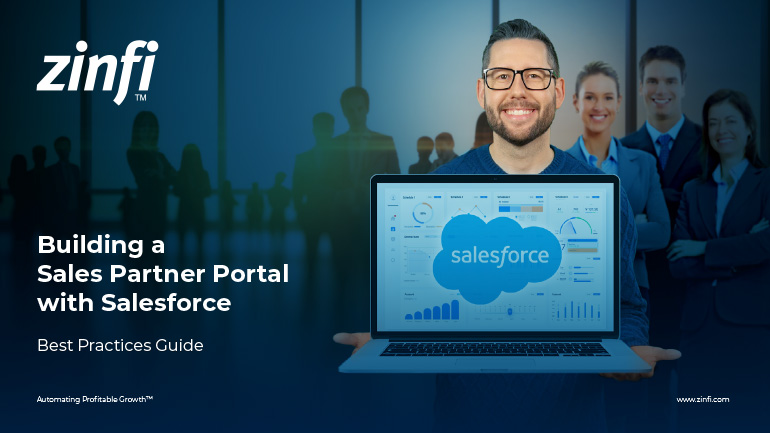Brandon Conley and Sugata Sanyal discuss the fundamental shift from traditional channel structures to today’s expansive partner ecosystems in this first section. Conley describes how the roles within these ecosystems have evolved beyond resellers to include Managed Service Providers (MSPs), global system integrators, and even consultancies. This transformation allows SaaS vendors like AppOmni to offer more comprehensive support through these diverse partnerships, essential in a cloud-driven business environment where customer needs are increasingly complex.
By redefining the channel as a partner ecosystem, companies can better serve customers throughout their journey with greater flexibility and specialized expertise. For instance, Conley explains that while AppOmni’s original channel was largely distribution-focused, today’s partner ecosystem involves a variety of stakeholders who support different aspects of the customer lifecycle. He highlights how each type of partner brings unique value, such as global integrators’ ability to support large-scale implementations and MSPs’ focus on long-term management.
These expanded roles benefit the customer and the vendor by allowing for more customized service delivery. According to Conley, effective partnership ecosystems enable rapid expansion and foster an environment where customers can realize the total value of SaaS products like AppOmni’s. As these ecosystems grow, so do the opportunities for vendors and partners to reach new markets and audiences. Conley also stresses that setting clear expectations and defining partner roles are crucial to ensure these partnerships drive growth and enhance customer satisfaction.












